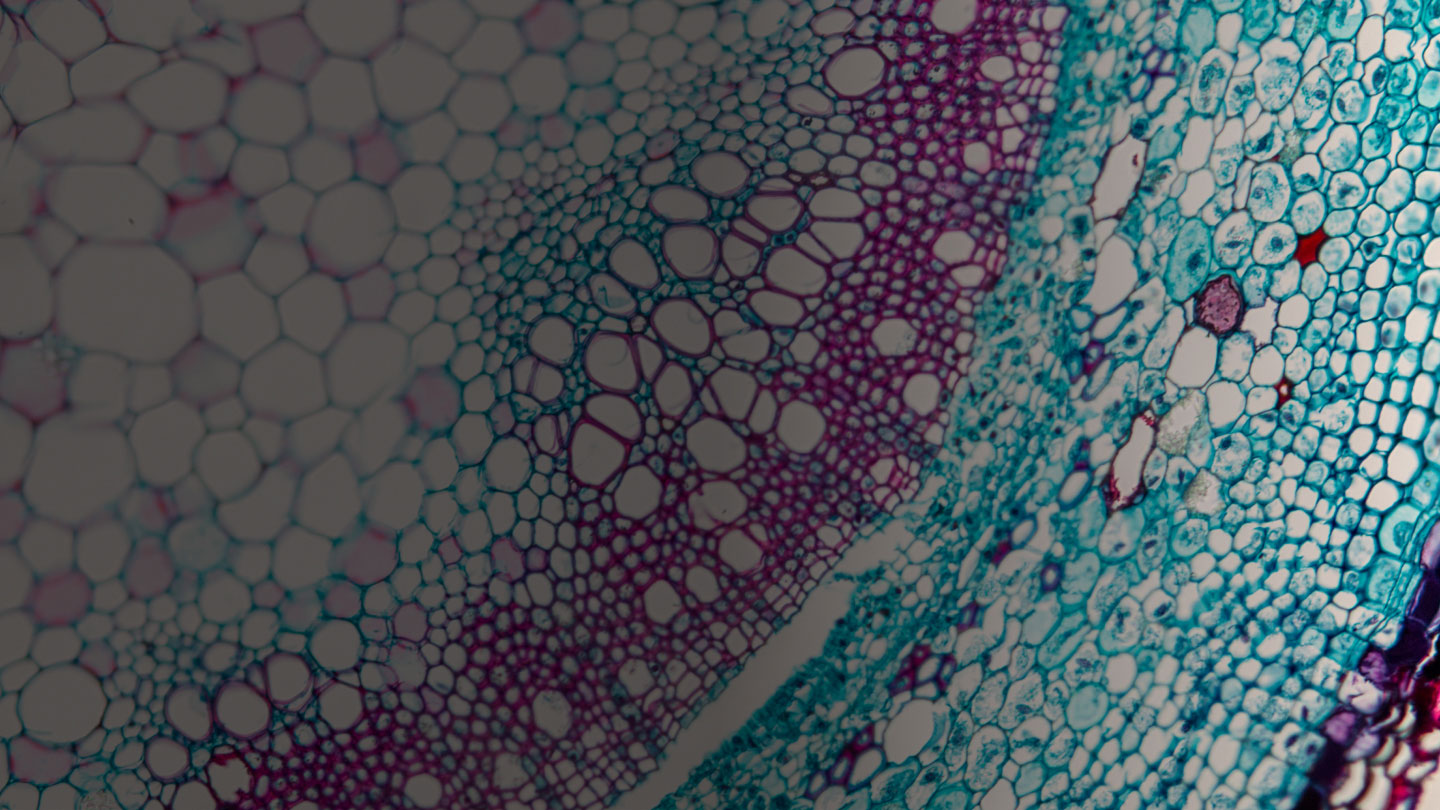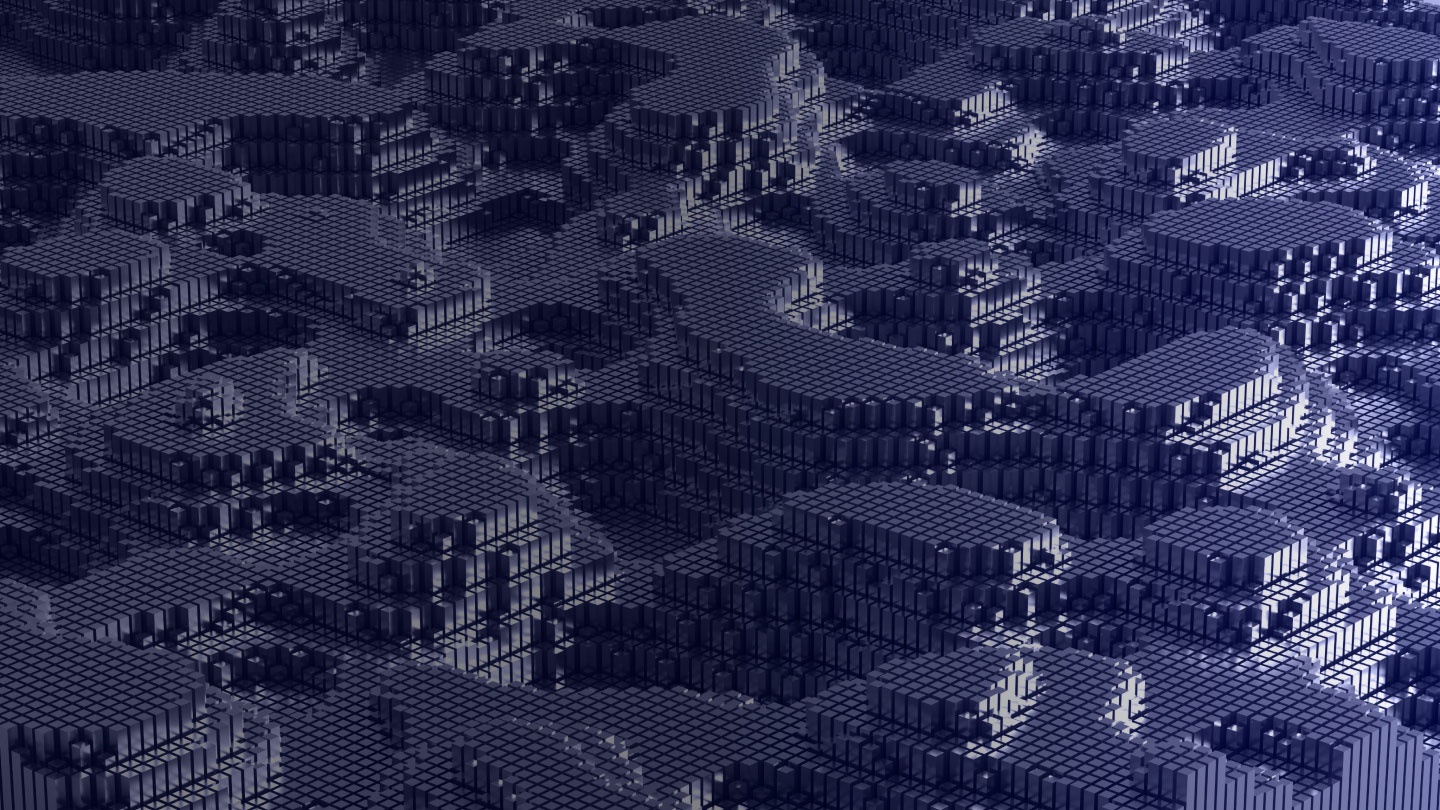In this World Shapers panel event, we spoke with leading experts in healthtech to discuss the role of AI in the future of healthcare. On the panel, Dr Andrew Rochford welcomed Dr Fiona Maclean – clinical pathologist & Associate Professor, Peter Birch – founder of Talking Healthtech and George Patapis – ANZ Healthcare Technology Leader.

A race to get AI into clinical practice
AI algorithms are proving positive in a healthcare setting where they’re able to minimise admin tasks for highly skilled medical professionals. The panel discussed the ways AI can improve labour-intensive admin processes with accuracy and efficiency.
“AI is helping humans do repetitive and boring tasks but do them quicker & more accurately. It never has a bad day, has unwanted emotions or gets tired” says Peter.
For Dr Fiona Maclean, AI is helping diagnosis and taking away menial tasks from expert medical professionals like herself.
“I’m a pathologist, and we spend at least 13 years to be pathologists and make diagnoses. If I’m spending my day doing paperwork, it’s not a good use of my time and is not very satisfying for myself… If AI can take out the repetitive things that I don’t want to do, it’s a win win”.
However, with tight control and regulations in healthcare, it can feel like a slow process to get AI into clinical settings. We still need to find that balance between driving innovation and early experimentation and also making sure that the technology is safe and controlled.
As Fiona says, “The regulations in healthcare are quite strict. It’s not like ChatGPT where you might get some questionable answers. The technology we’re using in healthcare has been assessed properly.”
A second pair of eyes
AI is like a second set of eyes for the medical professionals with deep expertise. The technology works with the clinical professionals to give doctors a helping hand.
“An interesting company SkinVision is allowing people to detect melanoma. The AI algorithm can flag up to 99% of cases where you should go and see a doctor. That’s a great experience for the patient, it’s efficient for the dermatologist and it’s a simple screen.” George shares.
In cases like this, the AI technology is supporting the diagnosis and the doctor, without replacing any part of the doctor’s process.
As Fiona shares, “It’s not like the patient is going to do surgery on themselves. They’re not going to remove melanoma themselves, so the app will just mean people will actually go and see the doctor. We think of AI and technology replacing the doctor but in actual fact it’s not replacing, it’s assisting them.”
Aiding pathologist shortages in the developing world
The hope for AI technology is that it may be able to aid the shortage of clinicians in developing countries.
Fiona shares; “In Australia we have 77 pathologists per million people, and then there are places in Africa where you might have 2 pathologists in the entire country. AI allows you to give the right treatment to more people. In remote areas, these innovations help those who perhaps don’t have the skills of a pathologist on hand can allow other health workers to screen and test.”
While Australia has a good number of well trained clinicians compared to some parts of the world, Fiona warns that due to the ageing population and the time it takes to train as a pathologist, we too may have shortages in the future.
“We’re projecting a lack of care in Australia for the future as the boomer cohort of pathologists moves into retirement and the ageing population increases.”
Challenges can fuel innovation
Peter shares that the challenges that are common in the developing world can also bring huge opportunities for innovation.
“There are types of fintech in parts of Africa that are actually more advanced than Australia. Why? Because they had a problem to solve. For example, they might not be able to rely on the banking system so innovations have been created within the landscape they’re in to solve problems at scale. If we can take that mentality with AI and healthcare, that could be really impactful.”
Meanwhile in Australia, pathology hasn’t changed much over the past 400 years.
“Our diagnostic regime has been based on 400 years of a microscope that’s not changed. I think AI will be the biggest extra tool we’ll have, and will help us get even more specific in terms of type of diagnosis & treatment. AI won’t replace pathologists, but pathologists using AI will replace pathologists not using AI.”
A brighter future with AI technology in it
Each of the panellists agreed that the most exciting promise of AI technology is better patient outcomes.
Fiona shares; “To me as a doctor that’s the biggest incentive – to get a diagnosis as quickly as possible so the patient has the best chance for treatment.”
Want to learn more? Watch the full session to hear the full discussion. Or check out our last World Shapers session, ’Where AI started & where we’re going’.
You can also subscribe below to stay up to date with the latest news and events from the world of Harrison.ai.









